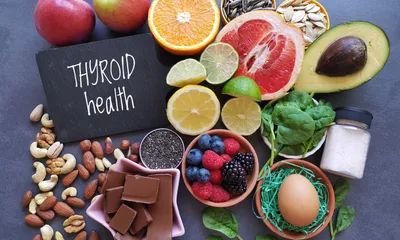Constipation
-
Description
-
Signs & Symptoms
-
Anatomy
-
Cause
-
Diagnosis
What is Constipation?
Constipation is a type of bowel dysfunction where the person is unable to have a bowel movement. People can become constipated for any number of different reasons. Most often it is due to the foods they’ve consumed not being efficiently processed in the digestive tract and retaining too much solidity and mass to pass easily through the colon like they should. Constipation is usually only temporary, but it can be a cause of some distress for people because of the intestinal discomfort it causes plus the fact many people become flatulent when constipated.
What Causes Constipation?
The inability to have regular bowel movements can be the result of any number of different reasons, but the two primary ones are not getting enough fiber in your diet and not drinking enough water. You are also more likely to become constipated if you eat an excessive amount of dairy at one time, or if you are experiencing undue levels of stress or anxiety. Long periods of inactivity can also be behind what causes constipation.
Other possible causes include:
- Changes to diet or daily activities
- Travelling into different time zones
- Ignoring or overruling the urge to defecate
- Intestinal obstruction
- Diverticulitis
- Medication use, especially antidepressants, antihistamines, blood pressure regulators, anti-seizure medications, and iron supplements
- Use of antacids
- Neurological conditions like Parkinson’s or MS
- Hypothyroidism
- Hypocalcemia
- Hypercalcemia
Older people and pregnant women are also more likely than others to experience constipation.
Constipation Symptoms
Inability to have a bowel movement is the most primary of constipation symptoms, but there can be other ones, and they include passing hard or small stools, heavy flatulence, belly bloating, stomachache, or abdominal cramps.
Constipation Treatment
The most conventional approach to constipation treatment is to use laxative medications like Amitiza or Colace. They are effective for constipation relief and will usually allow the individual to return normalcy to the frequency and fullness of their bowel movements within a reasonable period of time after administration.
It will be beneficial for constipation sufferers to drink more water daily, take fiber supplements, eat prunes or drink prune juice, and get more exercise if they want to get relief from constipation. It will also be good to eat less processed food, eat more foods with natural probiotics like yogurt and kefir, and make sure to sit straight up on the toilet and not hunched over when proceeding with a bowel movement.
Signs & Symptoms
- Infrequent bowel movements
- Hard or lumpy stools
- Straining during bowel movements
- Feeling of incomplete evacuation
- Abdominal discomfort or pain
- Bloating
- Reduced appetite
- Nausea
- Rectal blockage or pressure
Anatomy
- Colon
- Rectum
- Anus
- Intestines
- Digestive system
- Pelvic floor muscles
Cause
- Low fiber diet
- Dehydration
- Lack of physical activity
- Medications
- Changes in routine or lifestyle
- Ignoring the urge to have a bowel movement
- Certain medical conditions
- Hormonal changes
- Neurological conditions
- Colon or rectal blockages
Diagnosis
- Medical history review
- Physical examination
- Digital rectal exam
- Blood tests
- Thyroid function tests
- Colonoscopy
- Sigmoidoscopy
- Abdominal X-ray
- MRI defecography



